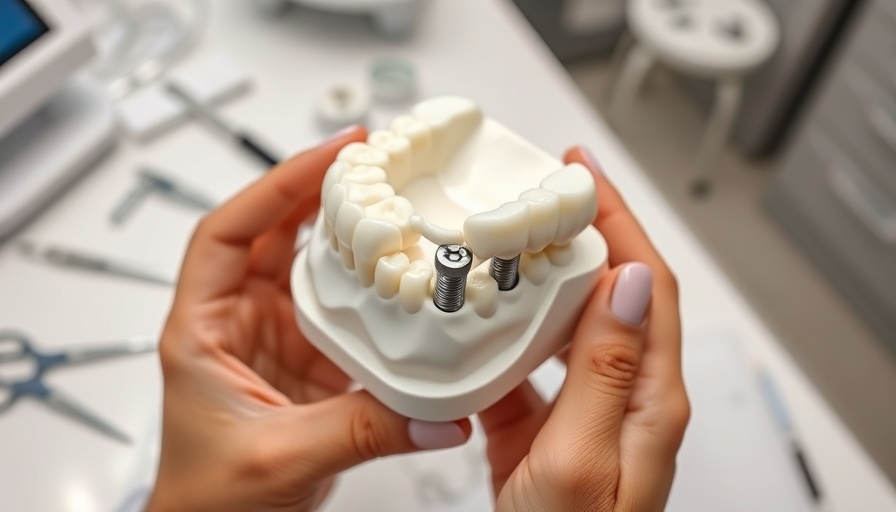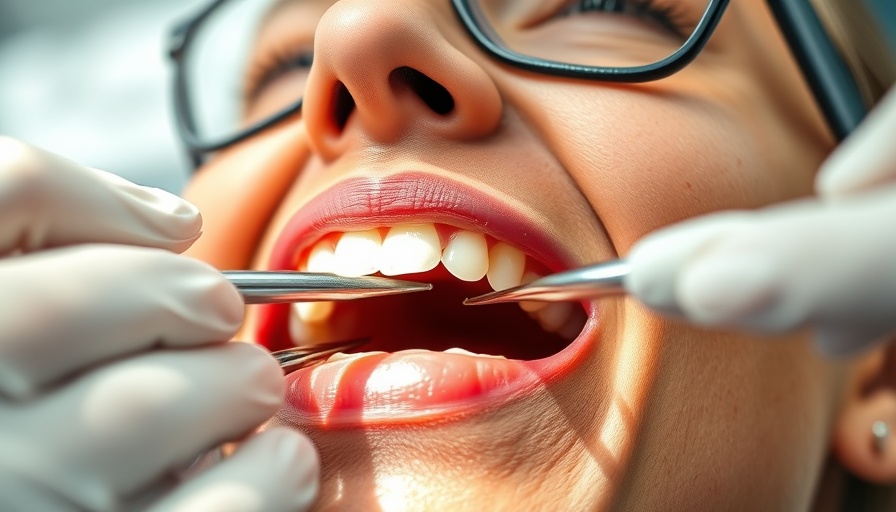
Understanding Teeth Whitening: The Journey to a Brighter Smile
Teeth whitening can be a fast, effective way to enhance your smile, but it often comes with a catch: increased dental sensitivity. Many individuals seeking a dazzling smile from whitening treatments experience discomfort when consuming hot, cold, or acidic foods and beverages. But fear not! There are several strategies at your disposal for minimizing this sensitivity while achieving a beautiful, white smile. Let’s explore how to enjoy a brighter smile with confidence.
Step 1: Choosing the Right Whitening Treatment
Your journey to a radiant smile begins with selecting the right teeth whitening treatment. Many people are unaware that office visits to a cosmetic dentist near me can provide access to advanced whitening products, like the Zoom! system. These professional treatments often contain desensitizing agents engineered to alleviate discomfort, while being customized for those with sensitive teeth, thus leading to a gentler process. Always consult with your dentist to determine the best approach tailored to your unique needs and sensitivity levels.
Step 2: Adhere to Safe Teeth Whitening Practices
Following safe teeth whitening practices is not just crucial for effective results but also for maintaining your dental health. One of the top recommendations is to adhere strictly to the instructions provided with your whitening kit. Overusing whitening products can erode enamel, causing sensitivity in the long run. Your dentist can guide you on the appropriate frequency and duration of treatments to maintain whiteness without compromising the integrity of your enamel. Moreover, be cautious of DIY whitening hacks that may utilize abrasive or acidic ingredients—like lemon juice—that can harm your teeth.
Step 3: Avoid Foods That Trigger Sensitivity
Post-whitening, it’s essential to modify your diet to avoid foods and drinks that may exacerbate sensitivity. Hot coffee, ice-cold ice cream, and citrus fruits can irritate your teeth following treatment. While most sensitivity diminishes within days, it’s wise to exercise caution during the first few days post-whitening. Gradually reintroduce these foods into your diet as your sensitivity subsides.
Step 4: Incorporate Desensitizing Toothpaste
One effective way to combat sensitivity in the days following your whitening session is to integrate a desensitizing toothpaste into your oral care routine. These specially formulated toothpastes contain potassium nitrate or stannous fluoride, which help block pain signals from the tooth surface to the nerve. Consult your dentist for recommendations to find one that might work best for you, making your post-whitening experience more comfortable.
Addressing Common Myths Surrounding Teeth Whitening
Many myths circulate regarding teeth whitening, with one popular misconception being that it causes irreversible damage to teeth. While some sensitivity is normal and generally temporary, it’s vital to ensure the methods used are safe. Consulting a qualified family dentist near me can alleviate fears and provide you with trustworthy information to enhance your smile safely.
The Importance of Professional Guidance
Whitening your teeth doesn’t have to come with discomfort, thanks to the innovations in dental products and practices today. Seeking guidance from a professional dentist not only assures that you’re using safe methods but also affords you tailored options to suit your needs, providing an optimal whitening experience that minimizes sensitivity. With the right practices in place, you can look forward to showcasing a bright smile without the dread of ongoing discomfort.
Embrace the power of a gorgeous smile with confidence! If you’re in the Denver area and are looking for effective whitening options, reach out to Pearl Dentistry at 720-440-9296. Our team is dedicated to ensuring your safety and comfort while you achieve the smile of your dreams.
 Add Row
Add Row  Add
Add 




 Add Row
Add Row  Add
Add 

Write A Comment